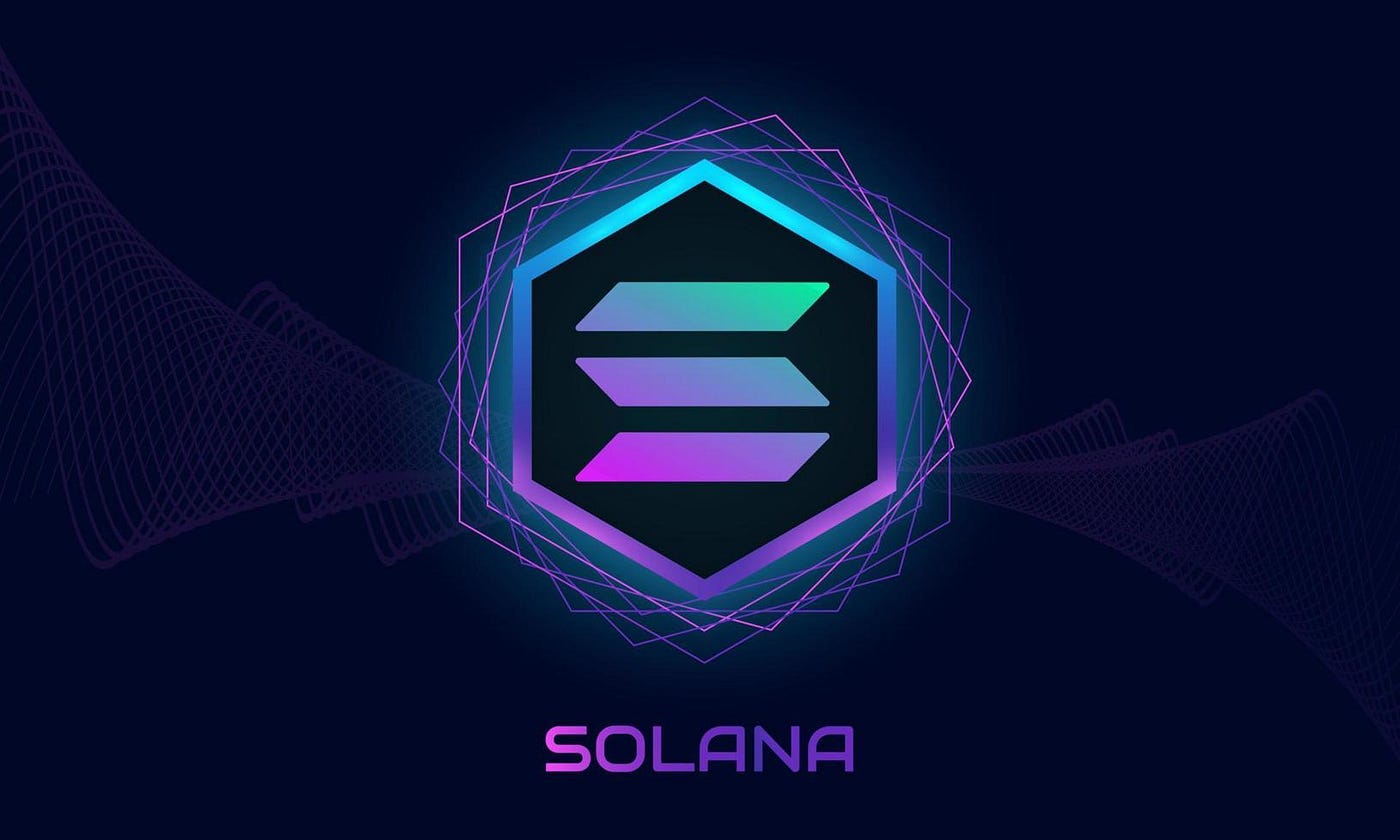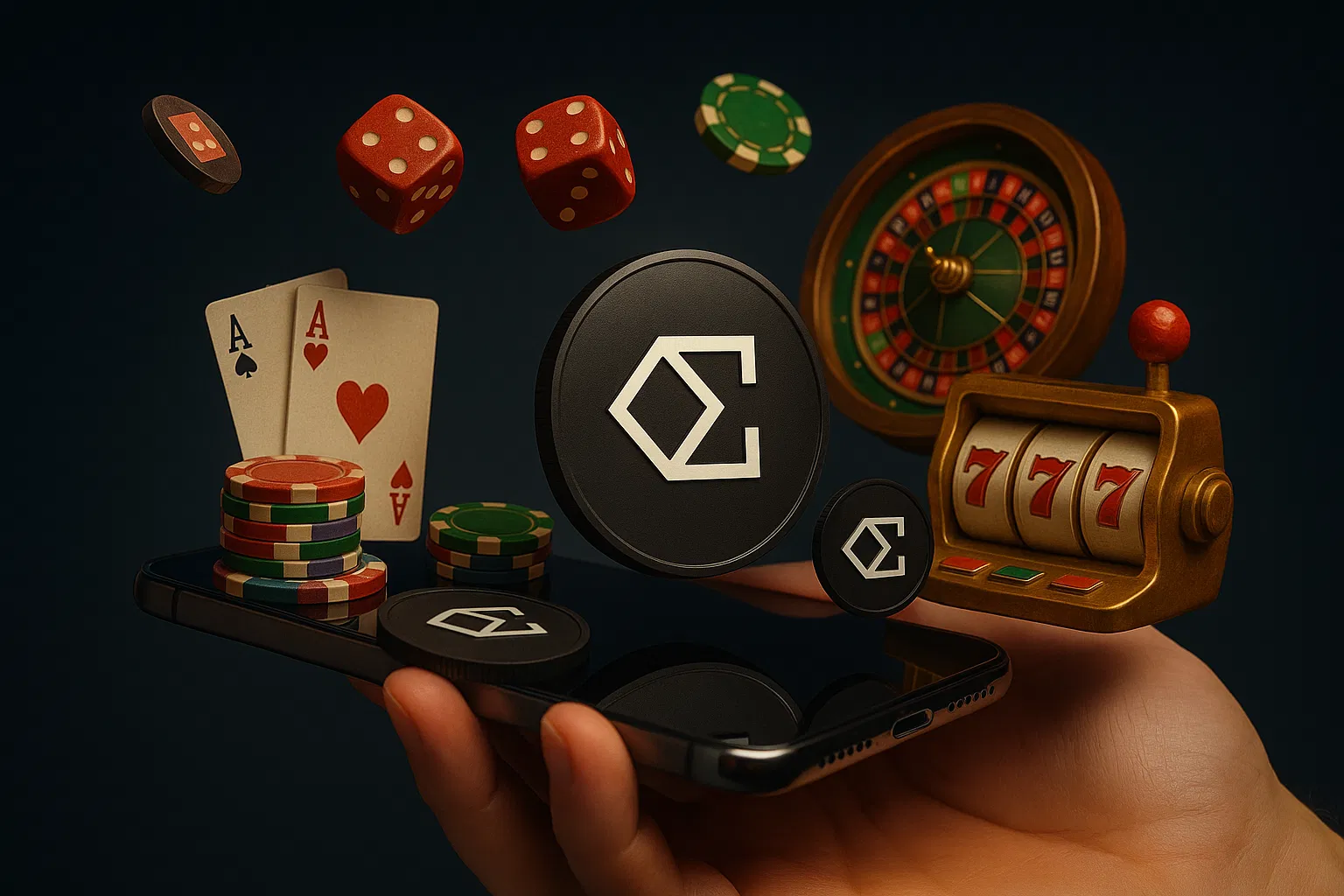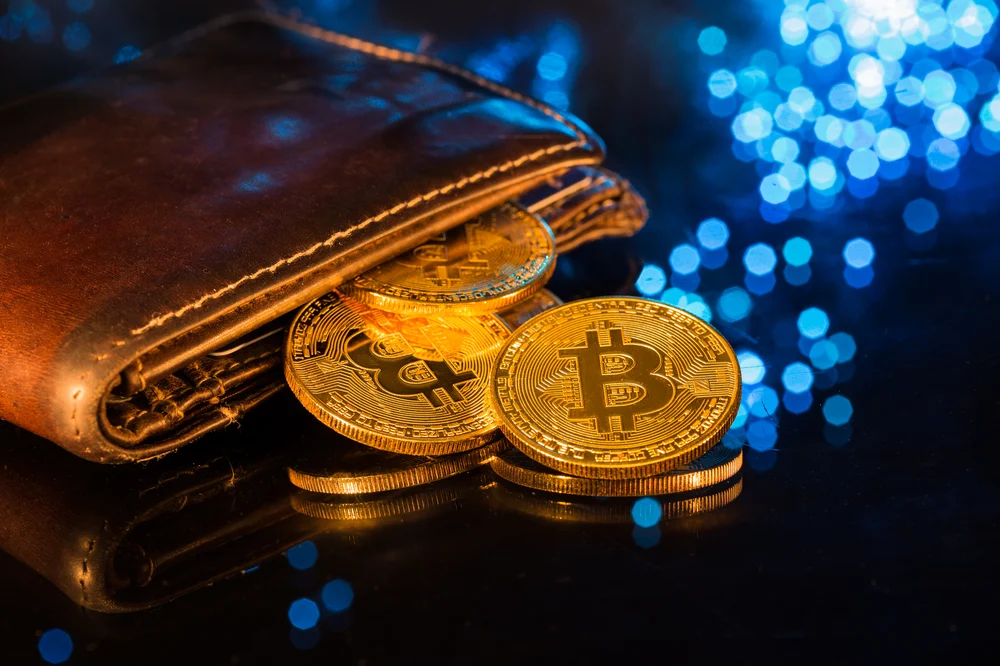Once hailed as a rising star in DeFi, Solana is now staking its claim as the foundational blockchain for next-generation crypto gambling platforms in 2024.
While Ethereum dominated blockchain gambling through 2023, its limitations — including high gas fees, sluggish transactions, and scalability bottlenecks — began to drive both developers and users toward faster, more efficient alternatives. By mid-2024, Solana has solidified its role as the preferred infrastructure for casino platforms focused on speed, affordability, and seamless gaming experiences.
Ethereum Out, Solana In: A Strategic Migration
Ethereum’s decentralized backbone remains robust, but casino apps struggled with the cost of operation. During periods of congestion, single game interactions could cost upwards of $20 in gas fees — rendering microbets and rapid gameplay unrealistic. Seeking relief, leading casino brands like BetFi, ReelRush, and NovaSpin have transitioned substantial backend workloads to Solana’s high-throughput network.
“We tested games like blackjack and roulette on Ethereum,” shared Elena Marquez, CTO at ReelRush, “but it wasn’t financially viable for most players. Switching to Solana dropped our per-action costs to under $0.001. That’s what enabled us to scale.”

Why Solana Fits the Casino Model
Several key advantages make Solana an ideal fit for iGaming operators:
- Blazing-Fast Transactions: Capable of over 65,000 TPS, Solana supports real-time gameplay without lag.
- Minimal Costs: Sub-penny fees allow platforms to handle large volumes of wagers without budget concerns.
- Developer-Ready Tools: Frameworks like Anchor and payment solutions like Solana Pay simplify integration.
- Wallet Growth: Popular wallets such as Phantom, Backpack, and Solflare are boosting adoption and onboarding.
Crucially, Solana has overcome the reliability issues that plagued its earlier years. In 2024, enhanced consensus mechanics and validator upgrades have reduced downtime to nearly zero.
The Rise of Solana-Exclusive Casinos
A standout in this trend is SOLBet.io, one of the first major casino operators to launch solely on Solana. With games including crash, dice, and even live dealer tables, SOLBet rewards users in SOL and burns a portion of its profits via smart contracts each quarter.
“Our business model aligns player engagement with platform longevity,” explained SOLBet CEO Anirudh Iyer. “Holders of our governance token earn ongoing rewards — not just from promotions, but from actual casino revenue.”
Security and Regulatory Outlook
Solana’s speed is a major asset, but its validator architecture still raises decentralization concerns for some critics. To address this, new platforms are decentralizing game logic and using verifiable randomness (VRF) oracles to publicly prove fair outcomes.
On the legal front, countries like Curaçao, Panama, and the Philippines have already authorized the use of Solana-based platforms in licensed operations. There are early signs that Malta and Estonia may soon recognize Layer 1 protocols like Solana in official gambling license frameworks.
Tokenomics Powering the New Casino Economy
Alongside Solana’s adoption, SPL-based gaming tokens are gaining serious traction. Projects like BONKCasino and GMBL offer innovative staking models, revenue-sharing, and burn mechanics that create closed-loop economies. According to CoinMetrics, Solana casino tokens surpassed $2.7 billion in trading volume in Q2 2024 alone.
Looking Ahead
Solana’s fusion of lightning-fast transactions, low costs, and growing ecosystem is transforming how crypto casinos are built and operated. What was once considered an Ethereum alternative has now become a foundation for serious, scalable gambling ventures.
With innovations like multi-chain bridges, NFT reward systems, and DAO-curated games on the horizon, Solana is not just participating in the future of iGaming — it's actively shaping it.





